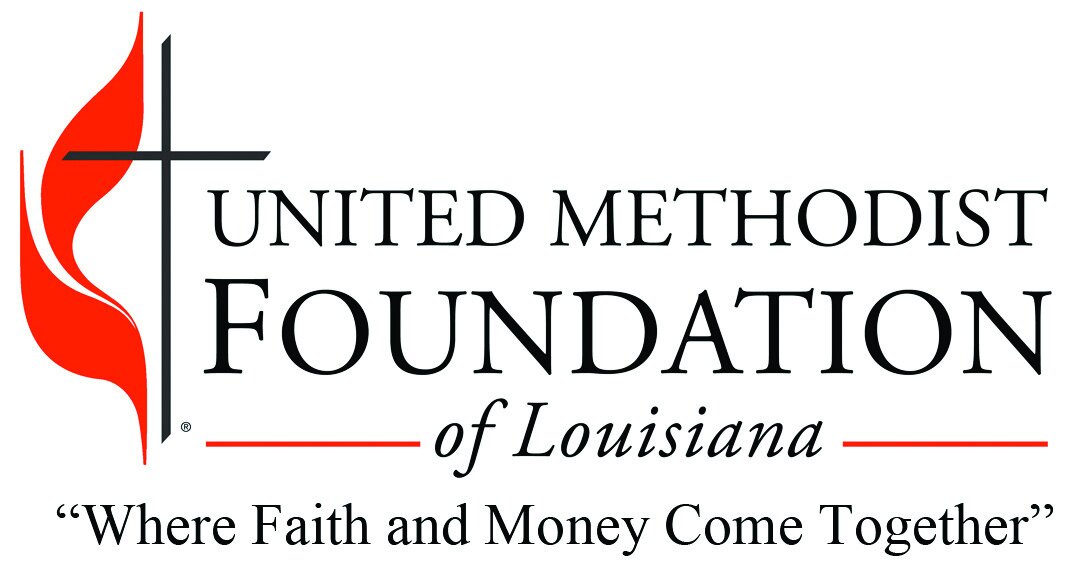The 8 Essential Elements of a Gift Acceptance Policy
By Nathan Stelter, The Stelter Company
Gifts of complex or high-risk assets can be difficult for both the donor and the nonprofit to navigate—especially without any guidance. A solid gift acceptance policy can help. Generally speaking, a gift acceptance policy outlines the kinds of gifts a nonprofit will and won’t accept and how those gifts will be administered.
Jonathan Tidd, a successful author and attorney whose practice is limited to advising charitable organizations on gift planning issues, recently published an article in Trusts and Estates magazine and also spoke at the National Association of Charitable Gift Planning conference about the elements of a gift acceptance policy.
According to Tidd, a good gift acceptance policy should, at a minimum, do the following:
1. PROVIDE AUTHORITY ON WHO CAN NEGOTIATE ARRANGEMENTS AND ACCEPT GIFTS ON BEHALF OF YOUR NONPROFIT.
Outline who has authority to accept a gift, yet stipulate that that authority can delegate to a third party. Perhaps your organization can accept more complex gifts by working with a third-party nonprofit like a community foundation to minimize risk to your organization.
2. OUTLINE WHICH GIFTS WILL AND WON’T BE ACCEPTED.
Your policy should call out all types of assets, from cash and appreciated stock to riskier or more complex gift types, such as real estate, timeshares, oil and gas interests and business interests.
3. DESCRIBE HOW PLEDGES WILL BE HANDLED.
State upfront which source or sources of assets will be used to make a payment on the pledge and how non-cash assets will be valued by your nonprofit for purposes of making payment on the pledge. This will avoid confusion.
For example, if an individual donates stock worth $200,000, but the stock is later sold by the nonprofit for $175,000, the policy needs to be clear about which figure you will use to satisfy the pledge.
4. DESCRIBE HOW GIFT AGREEMENTS WILL BE ADDRESSED.
A gift agreement describes what the gift is; how it will be given, used and acknowledged; and how it might be amended in the future. These agreements should address future changes in circumstances, donor involvement, naming (and un-naming) rights and how amendments will be handled.
Require that the development officer create a gift agreement template that is reviewed and approved by legal counsel.
5. OUTLINE THE PROTOCOL FOR GIFT RECEIPTS.
According to Tidd, gift receipts should be “to the point, concise and complete.” They should be separate from your personalized thank-you letter, which should not be used to substantiate a charitable deduction.
6. ADDRESS HOW DONOR-OBTAINED APPRAISALS WILL BE HANDLED.
The donor must obtain a qualified appraisal in order to substantiate a federal income tax charitable deduction of a gift valued at more than $5,000. Of course, this does not include easy-to-value assets such as cash or publicly traded securities. The donor should be responsible for securing the qualified appraisal.
7. OUTLINE WHETHER YOUR ORGANIZATION WILL ISSUE GIFT ANNUITIES AND, IF SO, BY WHAT PRACTICES.
Set parameters for accepting gifts in exchange for a gift annuity, such as minimum age, gift amount and gift types for both immediate and deferred gift annuities.
I recommend using the suggested maximum rates set forth by the American Council on Gift Annuities.
8. PROHIBIT A DEVELOPMENT OFFICER FROM ACCEPTING PERSONAL GIFTS FROM DONORS.
This is a case when you should say “no” to the gift. Your organization’s gift acceptance policy should prohibit a fundraiser from accepting a gift of money, personal property or anything with substantial value. Token gifts may be acceptable, but the lines could get blurred.
Don’t let your gift acceptance policy be an afterthought. A well-drafted gift acceptance policy will help your organization minimize risk and create necessary safeguards for you and your donors.
TIP: When was the last time you reviewed your organization’s gift acceptance policy? It should be reviewed every one to two years.
